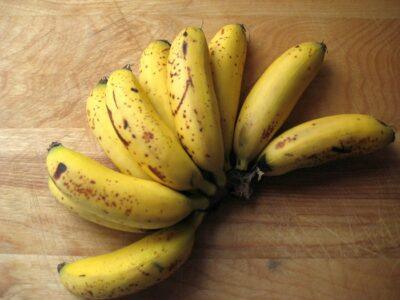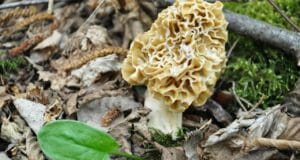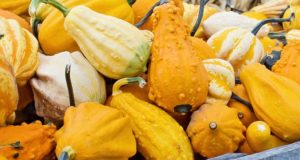It’s the start of a new year, and many people are making resolutions. Getting in shape, eating healthier and quitting unhealthy habits all top the list.
Another popular resolution is to save more money. Of course, one of the ways that you can accomplish this is to avoid wasting food. It is estimated that every year 1.3 billion tons of food meant for human consumption is wasted. Now, much of this is due to factors that the average person can’t control – food is left to rot in fields because of war or political conflict, or for some other reason it simply doesn’t make it into the market.
But one area of food waste that is directly in our control is the food that comes into our homes – either from our gardens, the farmers’ market or the grocery store. The average family of four wastes between $600 and $2,000 worth of food each year. The longer that we can make our food last, the less likely it is to go to waste and the more money we can save.
Root Vegetables
Root vegetables such as carrots, parsnips and potatoes can start to get soft over time. Yet these are often purchased in large 10-pound bags, so depending on the size of your family and how often you eat these, you may find you don’t consume them all before they start to turn.
To extend the shelf life of your root vegetables, try storing them in pots filled with clean sand. Simply take them out as you need them.
This trick works great for other roots such as garlic and ginger, too.
Lettuce (and other leaves)
Leafy green salads can taste fresh and delicious – but not after the leaves have wilted! To keep lettuce fresher for longer, store the leaves with paper towels to absorb any moisture.
Discover The World’s Healthiest Storable Survival Food!
Asparagus
To make your asparagus last longer, store the stalks as if they were cut flowers. Fill a jar with a couple inches of water and keep your asparagus in the jar until you are ready to prepare them.
Berries
Looking for a way to keep mold from forming on your strawberries, blueberries and raspberries? Before you put them in the fridge, try washing them in a solution of 10 parts water and one part vinegar (white or apple cider). Don’t worry: Your berries won’t end up tasting like vinegar – but they will last longer and not go soft as quickly.
Avocados
Are brown avocados and guacamole a bit of a turn off? Store leftover avocados and guacamole with the pit still inside and spritz with some lemon juice to help keep the color lasting longer. Another trick is to store avocados with an onion; the sulphur from the onion can help to prevent your avocado from turning brown.
Bananas
Want to slow down the ripening process of your bananas? Try wrapping the top of them (the end that holds the bunch together) in plastic wrap.
Cheese
Do you wish there was a way to keep the cut end of your cheese from drying out? Well, there is! Rub the cut end with a bit of butter before putting it away.
Bonus Tip – Keep Your Fridge Clean
When food starts to go bad inside your refrigerator, it not only creates an unpleasant smell, but the spoiling food breeds bacteria, as well. This bacteria can spread to other foods and cause them to go bad more quickly.
Regularly cleaning you fridge will not only inhibit the growth of bacteria, but you’ll also be less likely to forget about food that may be hiding in the back, and it will be easier to plan to eat it up while it’s still good.
What are your tips for saving money and making food last longer? Share them in the section below:
 Off The Grid News Better Ideas For Off The Grid Living
Off The Grid News Better Ideas For Off The Grid Living





